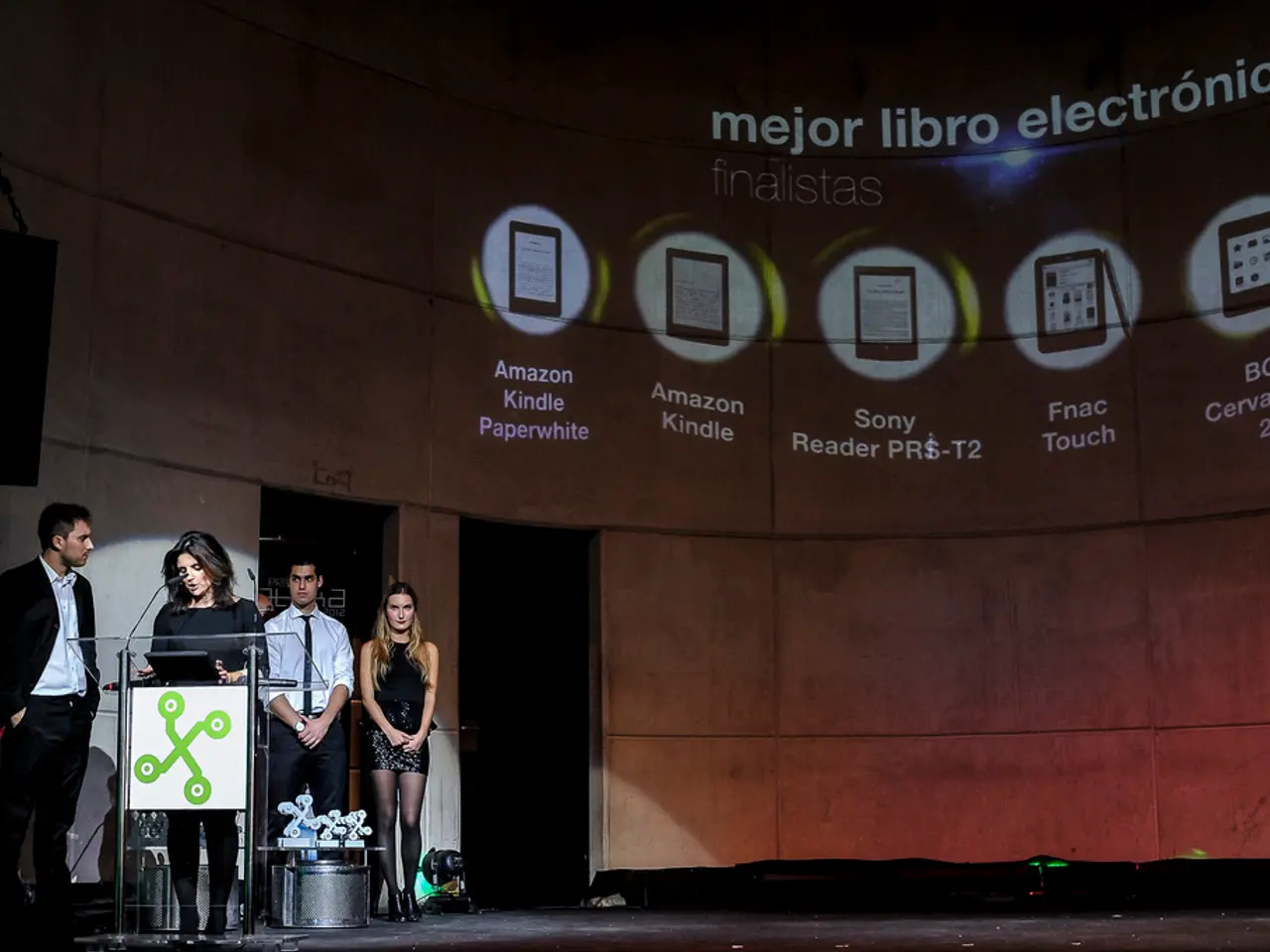Funding of £1.26 million granted to QV Bioelectronics for advancements in innovative brain cancer treatment research
Lab-Grown Device Offers Hope for Brain Cancer Patients
A groundbreaking device, GRACE, developed by QV Bioelectronics, is poised to revolutionize the treatment of glioblastoma, the most aggressive and common primary brain tumour in adults. The University of Edinburgh and NHS Lothian are collaborating with QV Bioelectronics in the development of this innovative technology.
The GRACE device is the first fully implanted Electric Field Therapy (EFT) system designed to deliver continuous, targeted therapy within the brain. It aims to address the urgent need for improved treatments for brain cancer, offering a non-invasive adjunct or alternative to existing treatments like surgery, chemotherapy, and radiotherapy.
QV Bioelectronics has been awarded a 1.26 million GBP grant under the Biomedical Catalyst programme to support device validation, further safety testing, and preparations for an initial human study. The company has also secured over 6 million GBP in grant funding and equity investment, and holds multiple granted patents.
Despite being in pre-clinical development, QV Bioelectronics has reported encouraging preclinical safety and efficacy data for GRACE. The company is developing GRACE to disrupt cancer cell division while sparing healthy tissue using electric fields.
The Biomedical Catalyst funding will help propel GRACE closer to becoming a future first-line treatment for glioblastoma, with future potential in paediatric and metastatic brain tumours. The speaker, a Professor of Clinical and Experimental Neurosurgery, Honorary Consultant Neurosurgeon & Clinical Director of Neurosurgery at the University of Edinburgh and NHS Lothian, believes GRACE represents a promising new approach to treating glioblastoma.
The professor further suggests that Electric Field Therapy has the potential to significantly improve patient outcomes and quality of life. If successful in clinical trials, the GRACE device could become an important addition to the multimodal treatment of glioblastoma, a cancer with very poor prognosis and limited effective treatments.
However, it's important to note that as of the most recent information available, no clinical trial of GRACE is currently ongoing. If you want detailed, up-to-date clinical trial results or regulatory filings, those would likely be available through medical research databases or official company communications.
In the meantime, QV Bioelectronics plans to expand trials, possibly including larger patient cohorts and comparing combination therapies. Given the growing interest in non-invasive electric field therapies, GRACE might compete with or complement existing technologies like Novocure’s Optune system.
As with any emerging cancer therapy, regulatory approval, reimbursement, and demonstration of clear clinical benefit over standard care will be critical hurdles. But with the promising preclinical data and the support of the Biomedical Catalyst programme, the future of GRACE looks bright.
- The GRACE device, a groundbreaking Electric Field Therapy system for brain cancer treatment, holds the potential to significantly impact the medical-conditions sector, especially in the health-and-wellness of individuals battling brain cancers like glioblastoma.
- If successful in demonstrating clear clinical benefits over standard care in clinical trials, the lab-grown GRACE device could potentially disrupt the current landscape of cancer treatments, particularly within the science of oncology.




